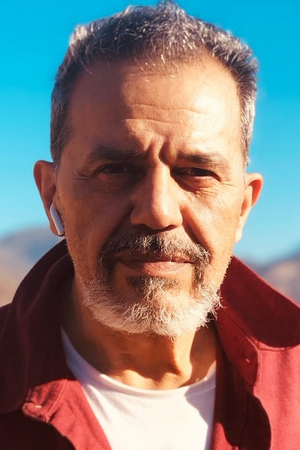
Germany recalled its ambassador to Iran and summoned the top Iranian envoy in Berlin on Tuesday following the execution of a German-Iranian national Jamshid Sharmahd.The 69-year-old was executed on Monday after being convicted last year in Iran.German Foreign Minister Annalena Baerbock ordered the ambassador’s recall, stating that Germany condemned the execution in the “strongest possible terms”.
“I condemn the murder of Jamshid Sharmahd by the Iranian regime. Abducted from Dubai to Iran and held for years without a fair trial, he was killed today. My deepest sympathy goes out to his family for this terrible loss,” Baerbock shared on X.
Baerbock noted that Germany had worked “tirelessly” to support Sharmahd, sending a high-ranking team from the Foreign Office to Tehran multiple times and emphasising to Iranian authorities that “the execution of a German citizen would have serious consequences.””The killing of Jamshid Sharmahd reveals the nature of the inhumane regime in Iran, which targets its youth, population, and foreign nationals with death sentences. Even under the new government, no one is safe in Iran,” she added.Germany’s foreign ministry confirmed that the Iranian charge d’affaires in Berlin was summoned on Tuesday, with “further measures” being considered.
The ministry reported that Germany’s ambassador in Tehran had lodged an official protest with Iran’s foreign minister and “has been recalled to Berlin for consultations.Earlier, German Chancellor Olaf Scholz also condemned the execution, calling it a “scandal” and expressing his condolences to Sharmahd’s family.”Jamshid Sharmahd was not even allowed the opportunity to defend himself during the trial,” Scholz said, adding, “The Federal Government had campaigned intensively on Mr. Sharmahd’s behalf.”
Sharmahd was sentenced to death in February 2023 by Iran’s Islamic Revolutionary Court on charges related to his alleged involvement in a 2008 mosque attack in Shiraz that killed 14 people.His conviction fell under Iran’s “corruption on Earth” charge, a broad term often used for various offences linked to state or religious transgressions.





